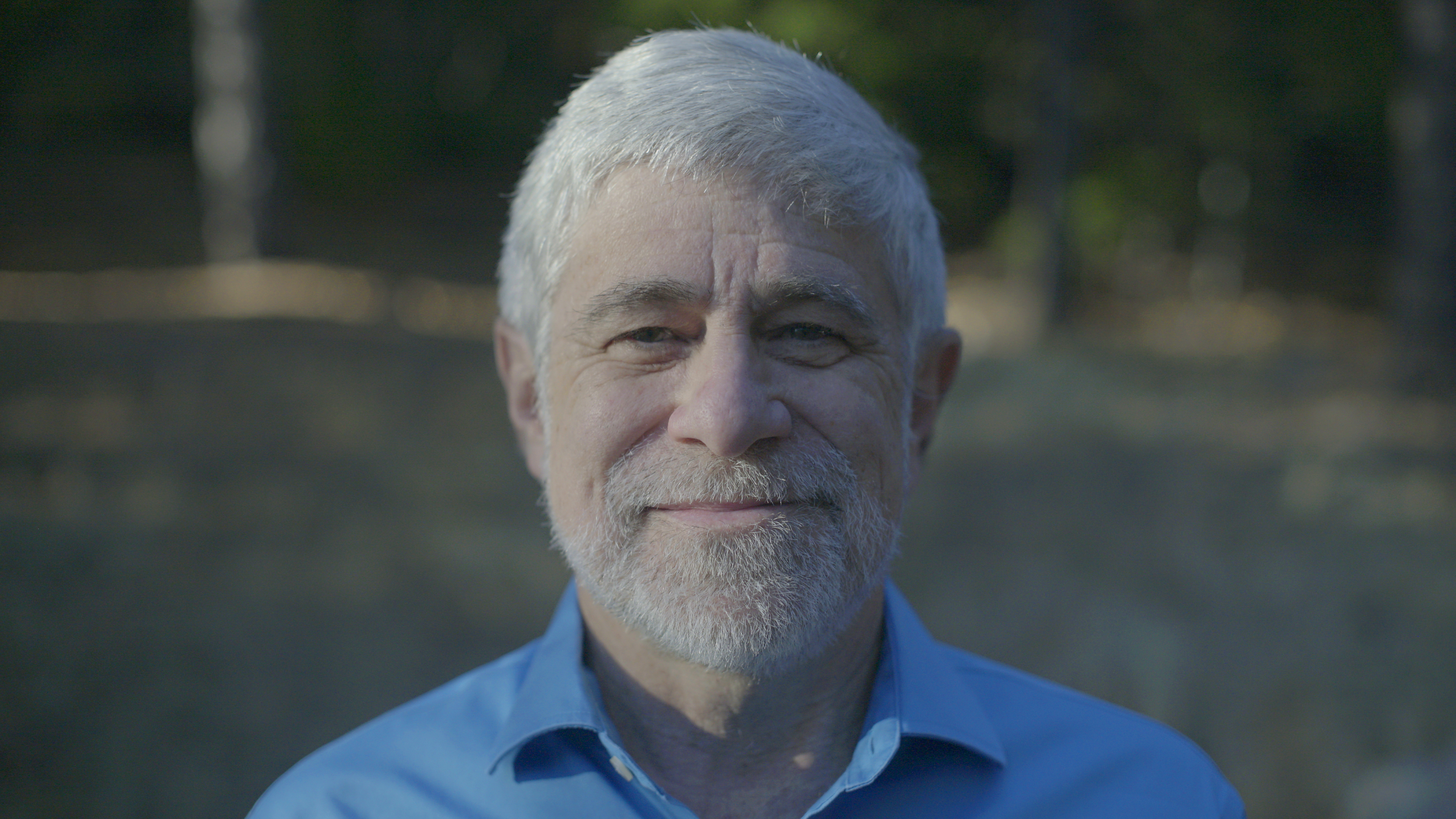Resisting Austerity: Keeping Public Infrastructure Public
Austerity is not an abstract concept–it is a key feature of our day-to-day lives. Austerity–translated through public finance–changes our communities’ libraries, water and sanitation systems, education, and roads. These public systems and systems of political power are fundamentally changed so they are able to become marketable assets. To make valuable public assets valuable assets for the private sector, a number of concrete steps must be taken. These include the actions of credit rating agencies, accounting, financial, engineering, and contractor consultants. This constellation of this long process directs attention to many intervention and community organizing interventions that can transfer the control of public assets. Austerity’s long-term agenda works to erode public access to assets and deepen the elite separatist political agenda. Resisting austerity is not only practical to keep access to life-sustaining resources–it is a site of technical skill building that is radical.
Public infrastructure systems--primarily drinking and wastewater systems--are the most valuable assets of local governments. The high cost and technical expertise needed to repair and upgrade these systems along with the systems' high asset value make public infrastructure vulnerable to corporations exerting more control than the public service. We share the way some communities are effectively intervening and changing in these power dynamics and restructuring the private sector's relationship with public assets.
Location: HJK Mainstage



